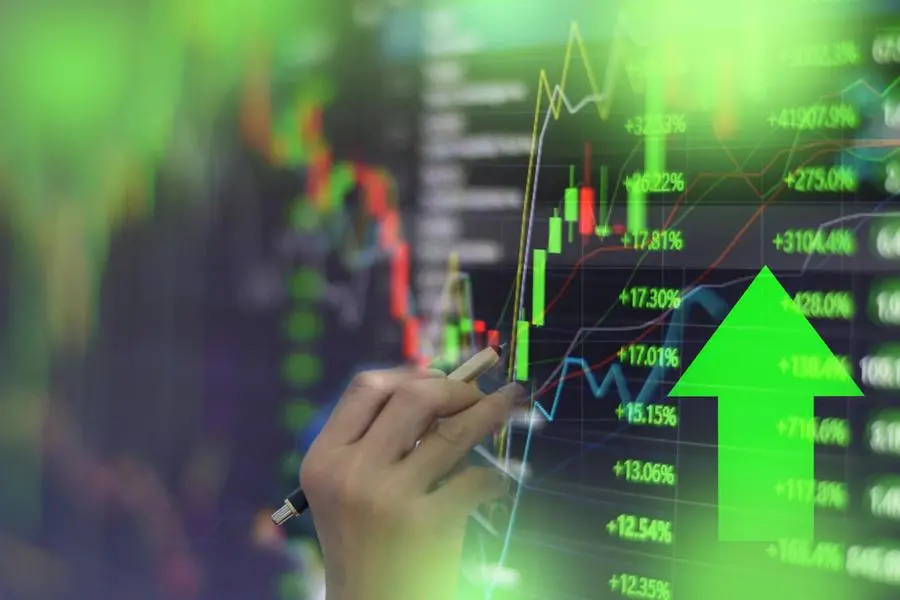PHOTO
Middle East economies are slowly recovering from the COVID-19 crisis, but it will take about two years before it can go back to pre-crisis levels, according to a report from Oxford Economics.
The gross domestic product (GDP) for the region will hit -6.8 percent this year and 2.9 percent in 2021, compared to an average pace of 2.6 percent between 2010 and 2019, the report commissioned by chartered accountancy body, ICAEW, said.
Within the Gulf Cooperation Council (GCC), the GDP will fall by 5.3 percent this year and recover by 2.4 percent in 2021. The rollout of the COVID-19 vaccine, however, will be positive for certain markets, particularly in the UAE and Bahrain, where economies have higher dependence on tourism.
Economies around the world have contracted due to the coronavirus pandemic. Countries in the Gulf are facing a double whammy because of low oil prices, following an OPEC+ deal in April that called for a cut in oil production.
Factors to watch
Despite the easing of restrictions improving energy demand, the oil sector remains a drag on the overall growth of the region, with oil prices still down by more than 26 percent from the levels seen in January, the report said.
ICAEW’s latest economic update has estimated that Brent crude will average $41.7 per barrel this year, before rising to $49.3 per barrel in 2021. The latest estimate is higher than the forecast figures back in March.
“However, there is limited upside for oil prices through 2022 and 2023,” the report said.
Google mobility trends also showed that the pace of return to normality has slowed, particularly in the workplace category, while tourism traffic has also been subdued.
As for the vaccine rollout, the report said regional countries with a higher share of tourism, mainly the UAE and Bahrain, stand to benefit.
“2020 has been a challenging year for Middle Eastern economies. The dual shock of the COVID-19 pandemic, paired with continued uncertainty in the global oil market, has meant that in 2020, the Middle East economy is experiencing its lowest growth in decades,” said Michael Armstrong, FCA and ICAEW regional director for the Middle East, Africa and South Asia.
“While the COVID-29 vaccine rollout is underway, the Middle East governments must ramp up their economic diversification efforts by developing sectors and industries that generate net value for the economy and fostering innovation,” he said.
(Writing by Cleofe Maceda; editing by Seban Scaria)
Disclaimer: This article is provided for informational purposes only. The content does not provide tax, legal or investment advice or opinion regarding the suitability, value or profitability of any particular security, portfolio or investment strategy. Read our full disclaimer policy here.
© ZAWYA 2020




















